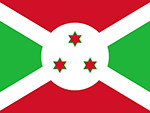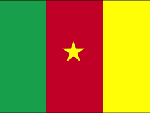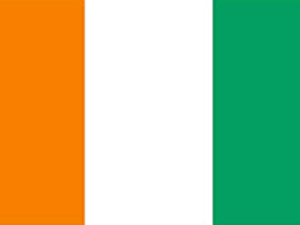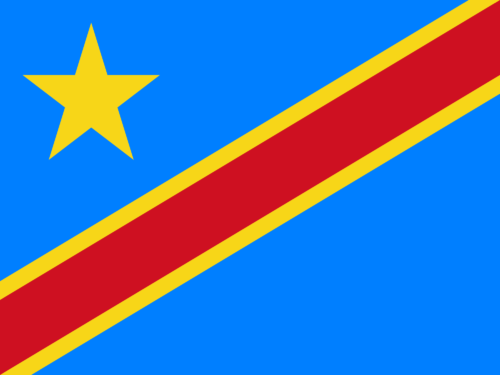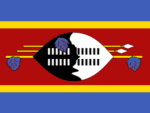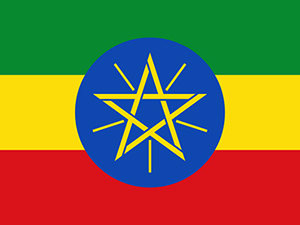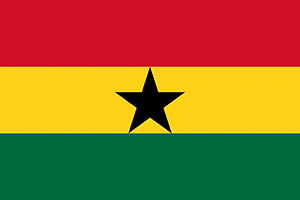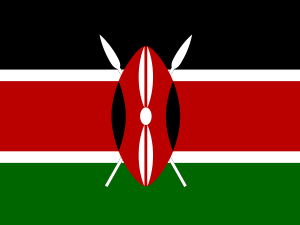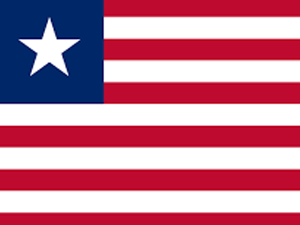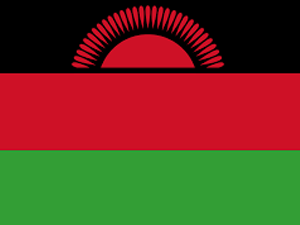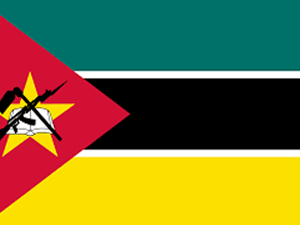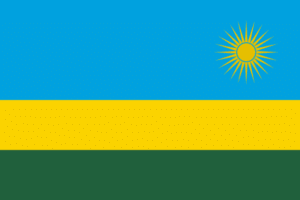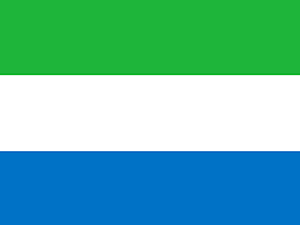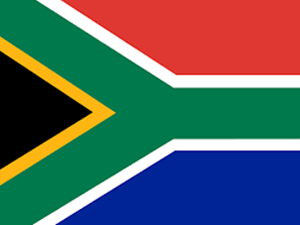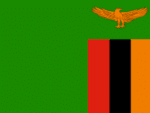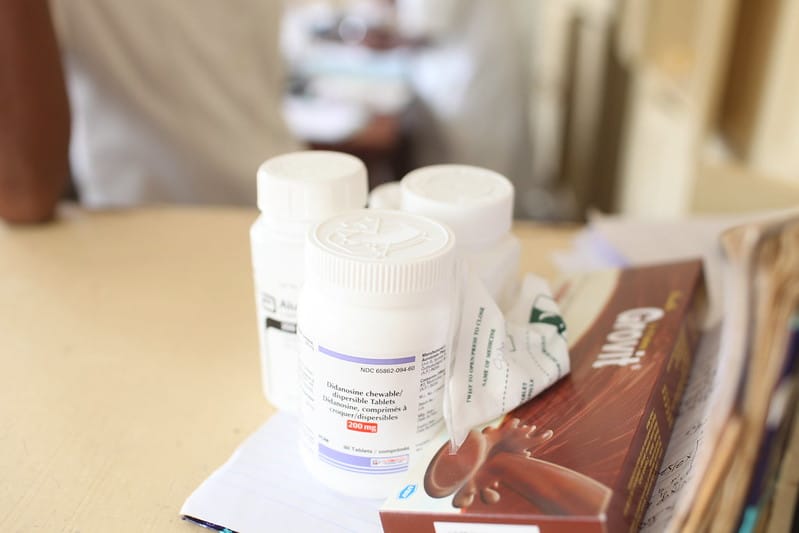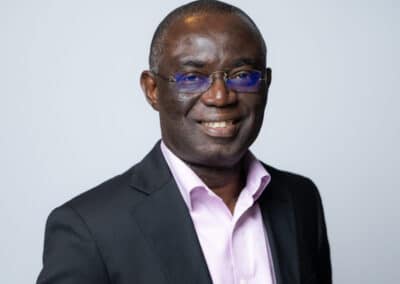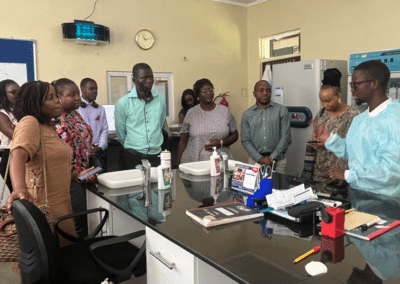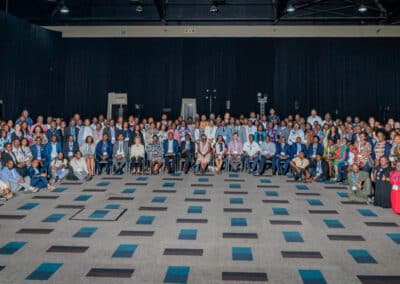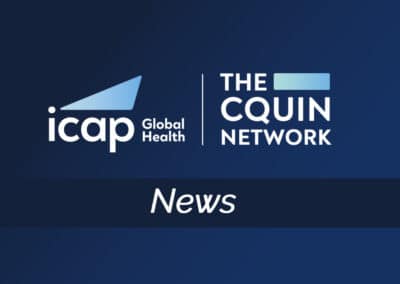Once every two weeks, Karishma Richards-Kwofie, executive director of the Transgender Network of Liberia, delivers antiretroviral therapy (ART), food, and other essential health items to members of the key populations (KP) community, and recipients of care at home.
The home-based delivery system is a DSD model that emerged as COVID-19 restrictions on movement in Liberia began impacting health facility visits.
“The first week in April, we started seeing missed appointments, and that is when we realized that we might have an issue with treatment adherence,” said Samretta Caldwell, deputy program manager for Liberia’s National AIDS and STI Control Program (NACP).
With a government-ordered 3 pm to 6 am curfew in Liberia’s capital Monrovia, recipients of care realized the partial lockdown could cut access to essential medication as many as 15,000 people on ART, and took the initiative to deliver the medicines.
According to Caldwell, when organizations like the Transgender Network noticed these missed appointments, the network began calling members to ask them about getting their medicines delivered. Recipients of care jumped at the opportunity and arranged meeting and drug pick-up and distribution spots in the various neighborhoods.
“We, the key populations groups, decided to act as a bridge between the health system and the recipients of care. So far, the transgender network has reached over 500 recipients of care,” Richards-Kwofie said.
“This is one model that has been initiated from the ground up, and it has been very successful,” said Caldwell. “Going forward, we would need to work on the monitoring, evaluation, and tracking of the ART deliveries since this was a quick response initiative,” she added.
The Transgender Network’s initiative has also encouraged health facilities to make use of dispatch riders to deliver ARTs to people who live further away.
Cyrus Wallace is a peer navigator at the Redemption Hospital. He has also been delivering ARTs to recipients of care in his community. “It has been a good experience. A lot of people I have met are happy with the deliveries and hope it continues even after COVID, because coming to the facility for them takes a lot of time,” he said.
“I was worried that I would not get my treatment because of the lockdown, but I became relieved when I got a call that my medicine would be brought to me,” said Dearest Kesselly, a sex worker who is happy she can adhere to treatment as a benefit of the home-based delivery model.
The ART home delivery is not the only DSD model Liberia has implemented in response to the COVID-19 pandemic. The Ministry of Health has also initiated the Fast Track model to ease congestion at health facilities, and recipients of care are looking forward to these DSD measures sticking around for the long haul.
“We are not asking for a hundred percent support, but we continue to hope that the MOH through the NACP and NAC will be able to identify and ease some of the challenges people living with HIV face. Let these models not be something that we start, and then because of lack of support, it ends,” said Richards-Kwofie.


